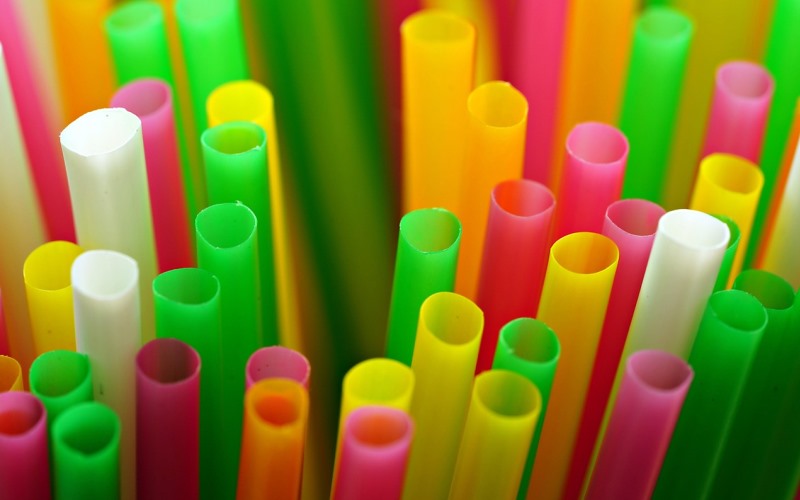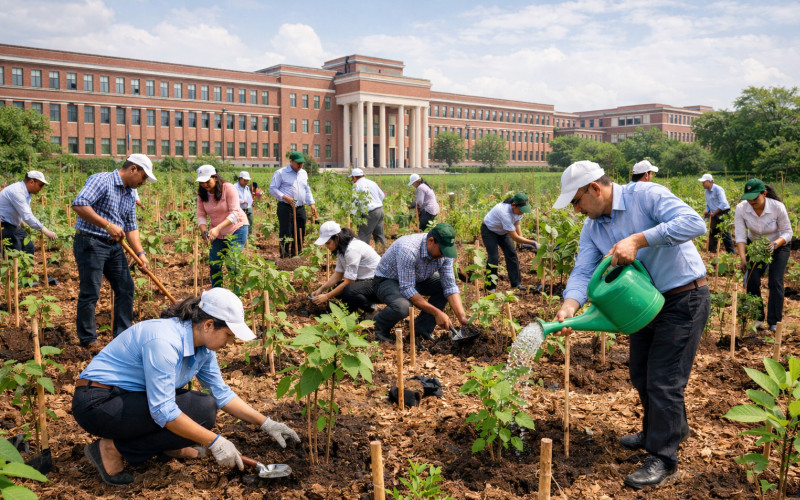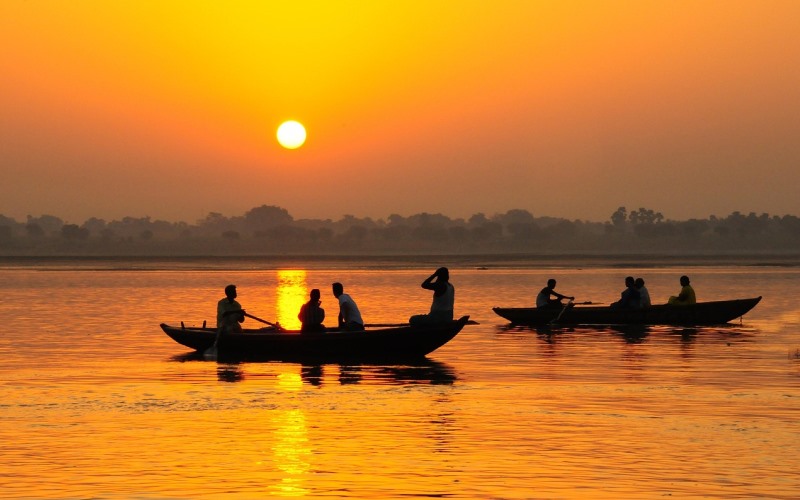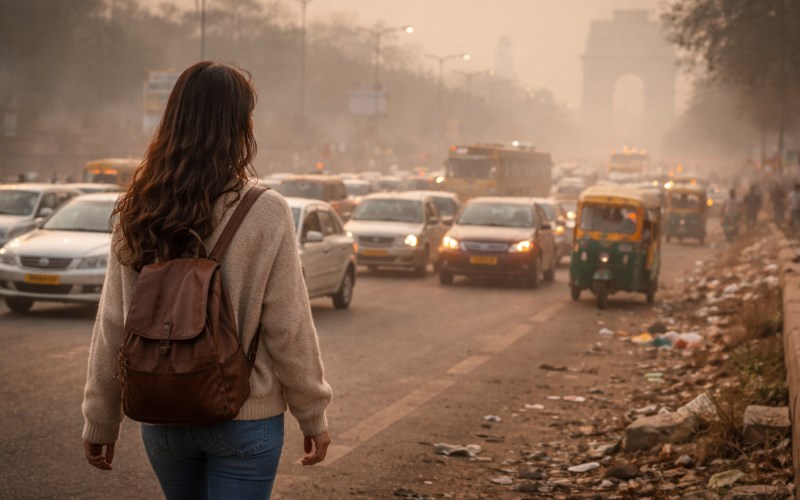
There is no doubt that plastic is an amazing innovation by mankind; it has made our lives simpler and more convenient. If you look around yourselves, I bet you can spot dozens of items made of plastic. Plastic has become a part and parcel of our daily life — starting with the morning toothbrush to night glasses, from artificial eye lenses to large shipping containers; it has its versatile uses. However, you should also know that the list of its ill-effects is much larger than the list of its utility.
An eye-opener for me in this regard was the wonderful series on Netflix – Our Planet (a must-watch!). Narrated by David Attenborough, it showed the havoc that plastic waste is creating in the marine ecosystem, killing thousands of species including aquatic birds. Most recently, an article in The Hindu highlighted how plastic pollution has been one of the reasons behind the deaths of thousands of Olive Ridley turtles near the coast of Tamil Nadu.
A unit of plastic takes thousands of years to degrade in the environment. It has transcended the border of land to reach oceans, where in the presence of UV light, it breaks down to form microplastics. These microplastics are consumed by marine organisms, and since plastic is non-biodegradable, it gets accumulated up the food chain, making its way to the human body. This is leading to numerous health challenges for humanity.
Due to improper disposal and inadequate recycling, most plastic waste ends up in landfills. It is estimated that plastic waste worldwide is projected to triple by 2060, with around half of it ending up in landfills. Only less than one-fifth is earmarked for recycling. Low-grade plastic in landfills contributes to landfill fires. The fires become source of harmful gases released in the environment for months in our cities, and also act as precursor for dangerous microplastics.
Despite its adverse consequences, plastic demand is on the rise. Expansion of Fast-Moving Consumer Goods (FMGC) sector, quick commerce and food delivery industry post-COVID-19 has made plastic more frequent than ever. To meet its growing demand, plastic production has increased significantly. UNEP data suggest that we produce and consume 430 million tonnes of plastic each year! Production and incineration of plastic in turn is one of the contributors to greenhouse gases in the environment, thereby contributing to climate change.
Among all plastics, single-use plastic (SUP) is the most hazardous. SUP items are made of low-density polyethylene, are rarely recycled and immediately end up in trash. To counter their overuse in India, the Government has banned the manufacture, distribution, stocking, sale, and use of 19 selected SUP items since July, 2022. Despite the ban, it is not uncommon to find these items sold in the market. A Times of India article highlights that despite the ban, SUP items continue to flood Delhi and the rest of the country. This is due to ineffective enforcement of the law and inability to regulate its use.
Based on the above analysis, it can be stated that there are broadly two facets of plastic pollution – first, on the part of individuals, i.e., the producer and consumer who contribute to irresponsible production, use, and disposal of plastic. Second, on the part of administration – for their lax implementation of rules and regulations.
Focusing on the first facet of the cause of plastic pollution, we need to question ourselves. Where are we heading as a society in our attempts to make our lives easier? We have put nature and the environment on the brink of tipping point. There is a huge opportunity cost associated with this comfortable life, in terms of loss of biodiversity, growing disease risks, water pollution, soil contamination and making our future unsustainable.
Where does the solution lie? It is only through awareness about these negative impacts of plastic use that we can be motivated to critically assess its use in our daily lives. Awareness will guide us to make an informed choice. Along with being aware, importance lies in realizing that we ourselves are responsible. Every time we make a choice to not carry our own bottle or carry bag, we are putting the whole planet in danger. Realization of this fact is important for every person to take proactive steps thereby reducing, reusing, refusing, and recycling plastic in our daily lives.
Be mindful the next time you purchase fruits from any fruit seller. Say no to the plastic bag by being prepared with your own reusable carry bag. Our role doesn’t end there: along with doing this, nudge the fruit seller or shopkeeper to stop offering polythene bags to other customers. A single & firm no can make all the difference. And do more once you realize the need; build the habit of segregating waste while disposing, it will help in recycling.
There is an urgent need to give up consumerism and move towards minimalism. Remember the golden rule that reduce is better than re-use, re-use is better than recycle, and recycle is better than disposal. It is our moral duty to nurture nature and preserve it for the upcoming generation. It is only us who can ensure that the plastic does not turn into a Midas touch curse for humanity.



